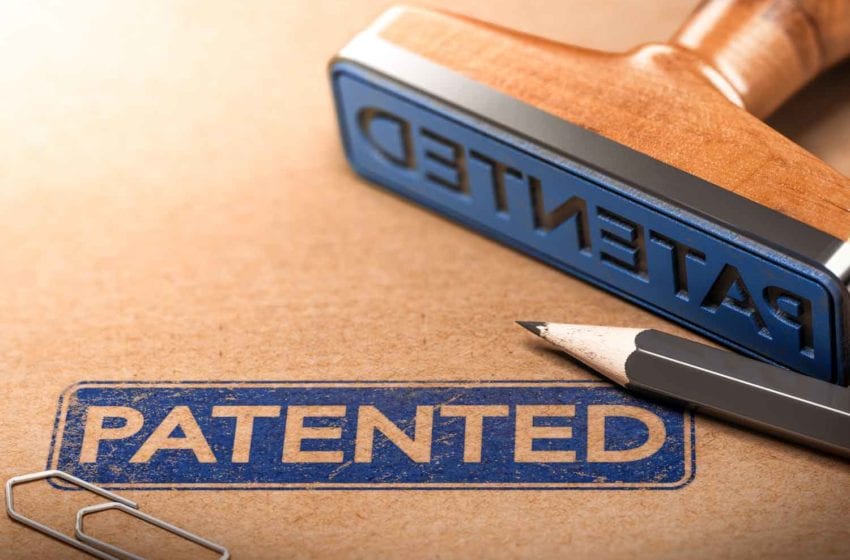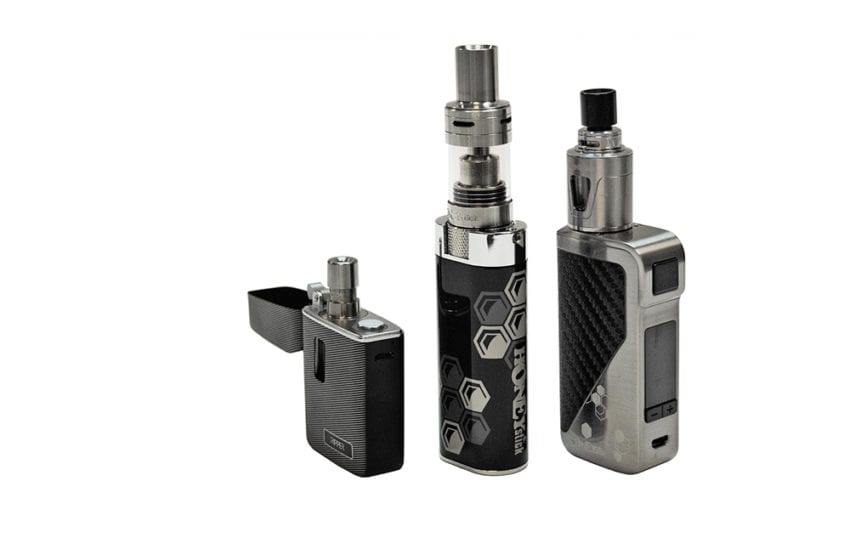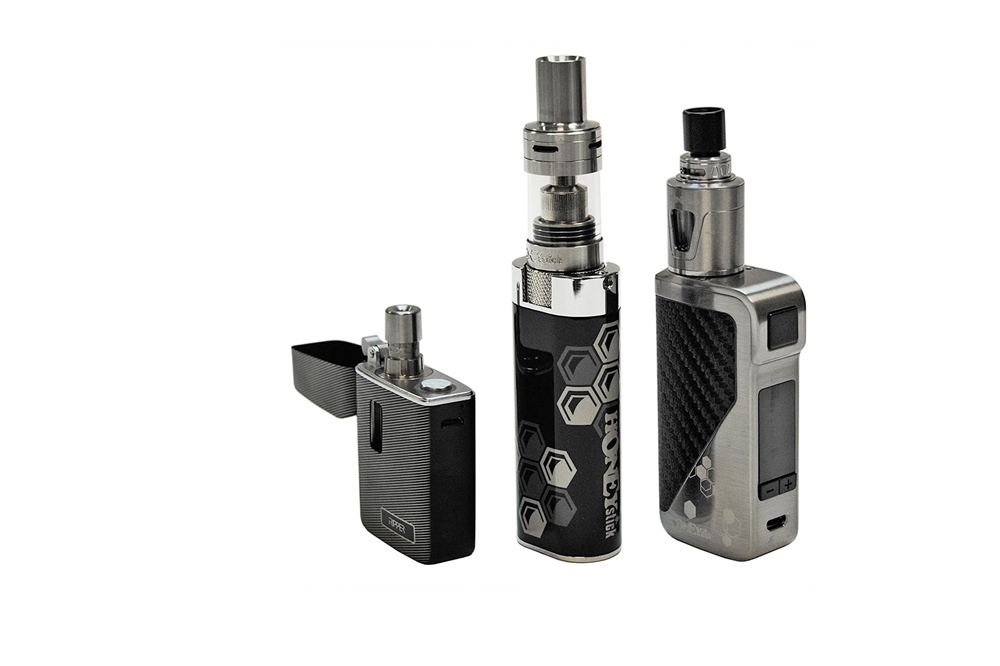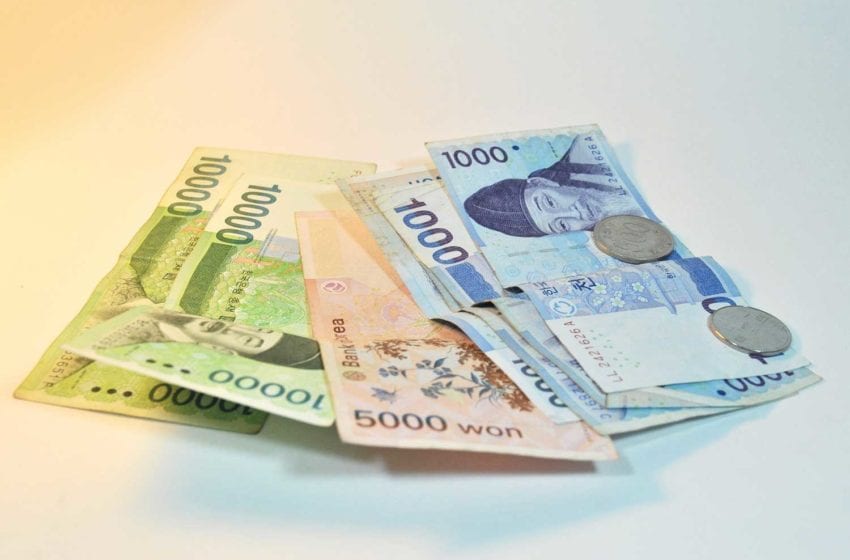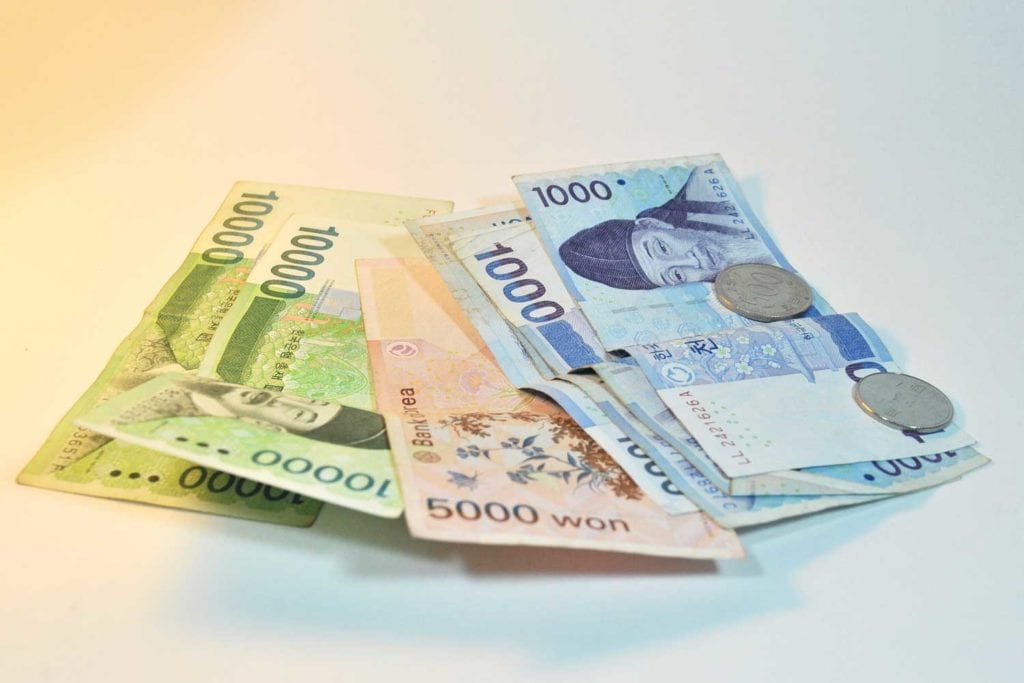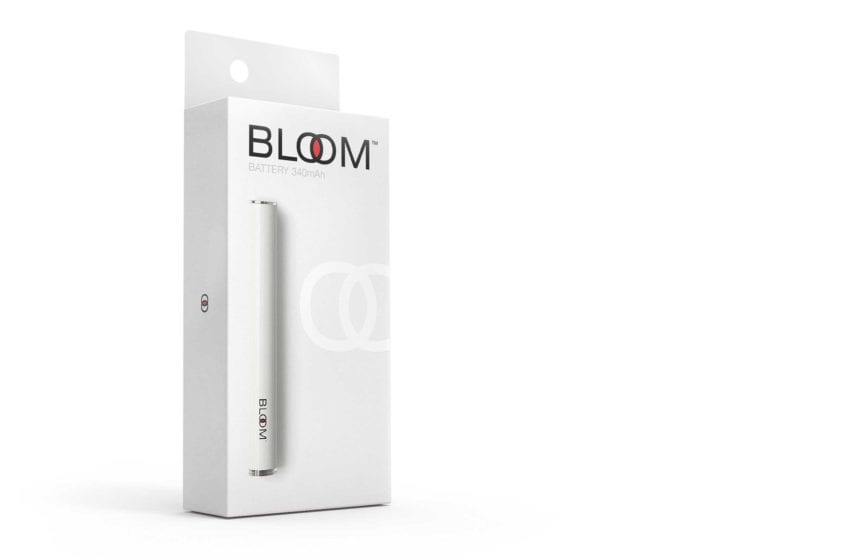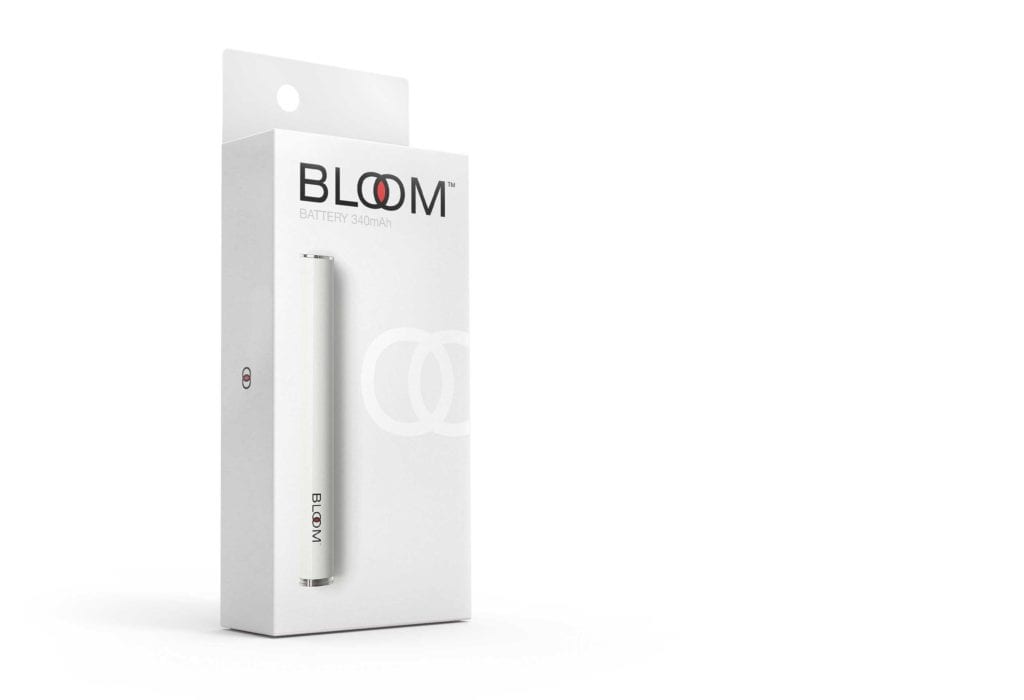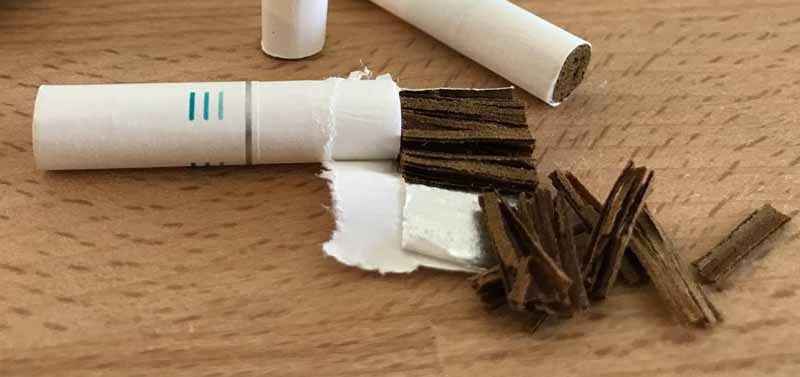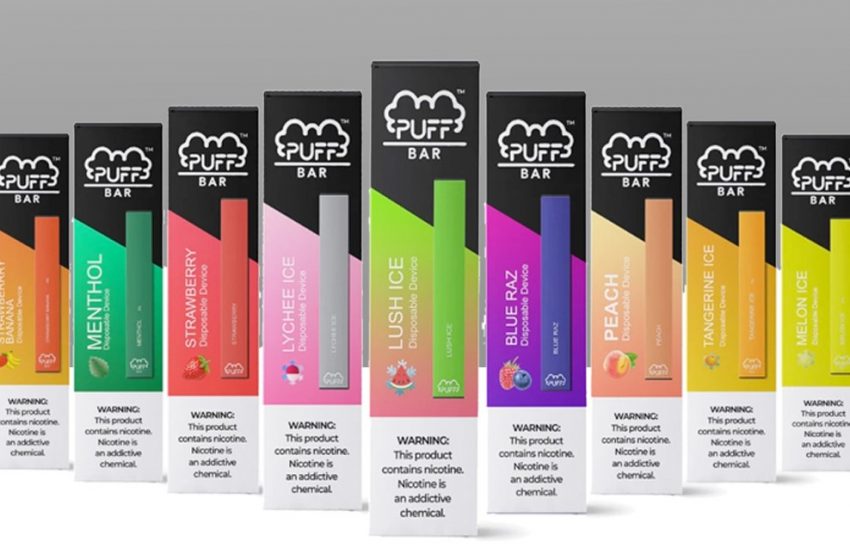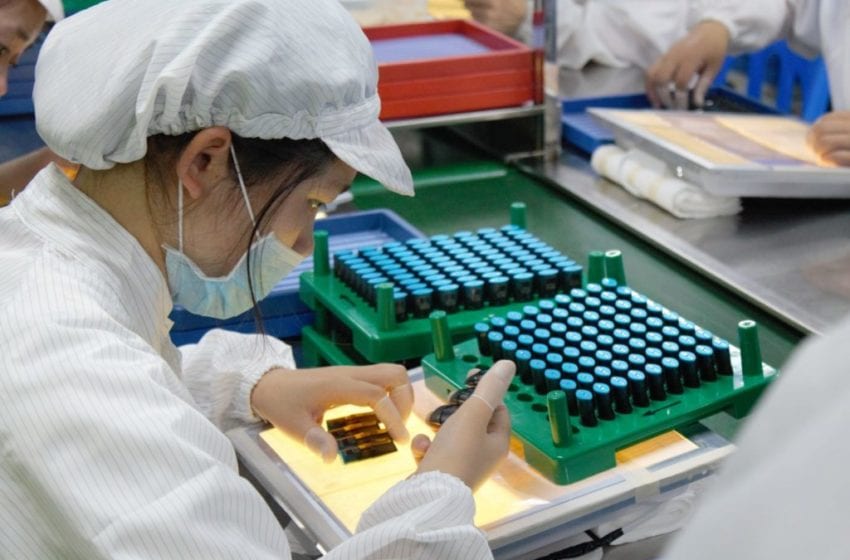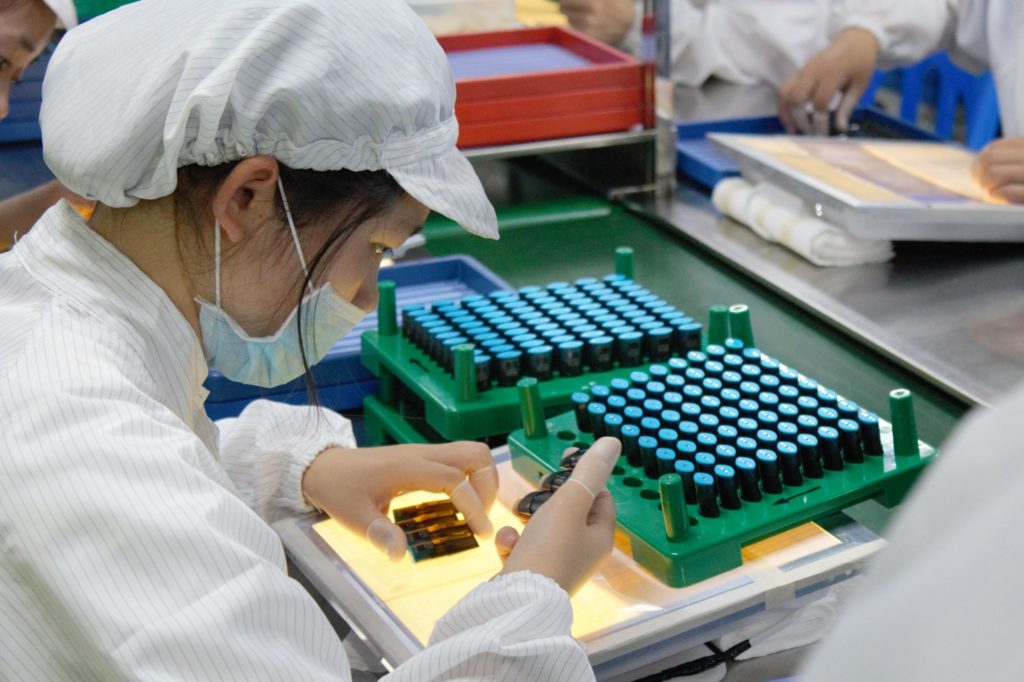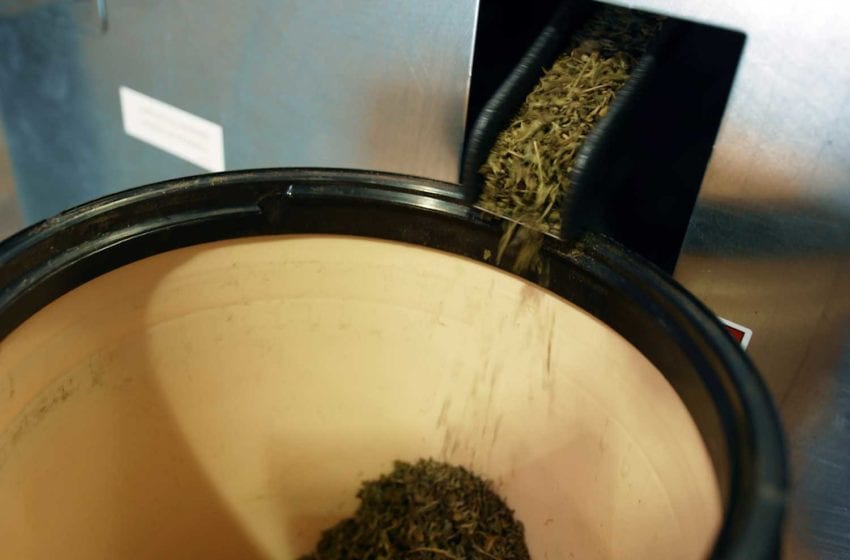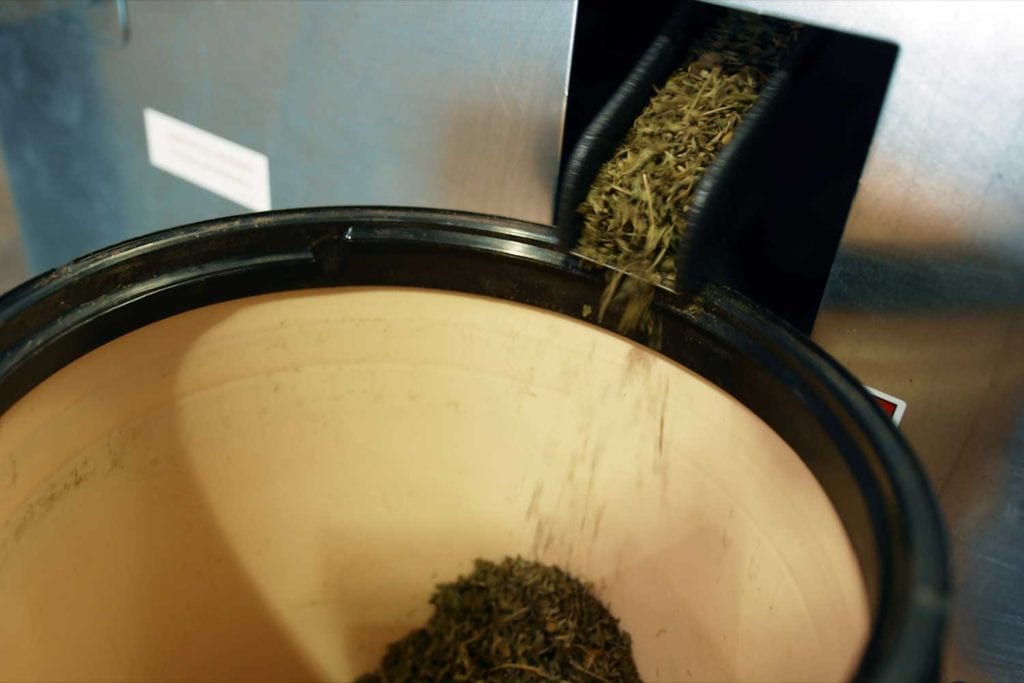
The U.K. high court has revoked two British American Tobacco (BAT) e-cigarette patents, reports World Intellectual Property Review. In doing so, the court dismissed BAT’s claim that Philip Morris International (PMI) infringed on the patents with its IQOS tobacco-heating product line.
Justice Richard Meade on March 9 concluded that the BAT patents lack an “inventive step” over PMI’s patent.
One of the BAT patents, EP 3 398 460 B1, covers an “aerosol-generating device with housing and a cigarette” whereas the other, EP3491944, refers to a cigarette “for use with” an aerosol-generating device.
Meade argued the patents merely covered a method of getting reconstituted tobacco into a cigarette form, and all methods of which—including rolling, gathering a sheet or cutting—were limited and would be obvious to a skilled team.
Both patents were found invalid for added matter and obviousness. However, Meade also concluded that, if the patents were valid, PMI’s IQOS products would have infringed them.
The tobacco giants have been quarreling over intellectual property for several years.
In 2018, PMI filed a complaint against BAT’s heated-tobacco products in Japan. PMI alleged that some technological features of BAT’s Glo device infringed on two of PMI’s Japanese patents.
In May 2020, BAT’s R.J. Reynolds subsidiary filed a lawsuit against PMI in the U.S. and Germany claiming that the IQOS tobacco-heating technology infringed patents for Reynolds’ Vuse vaping system.
In June 2020, PMI filed counterclaims, arguing that R.J. Reynolds’ vapor products infringed multiple patents owned by PMI and its U.S. partners, Altria Client Services and Philip Morris USA.
The patents are also currently in dispute in Munich.

